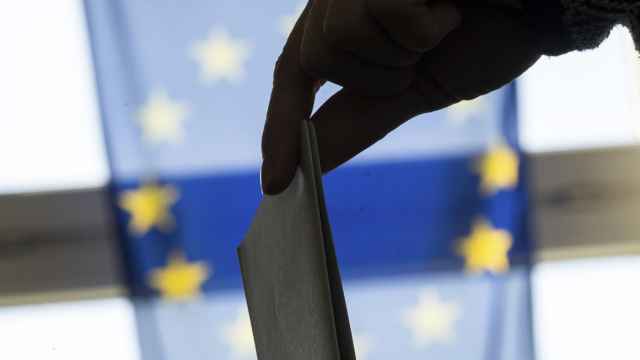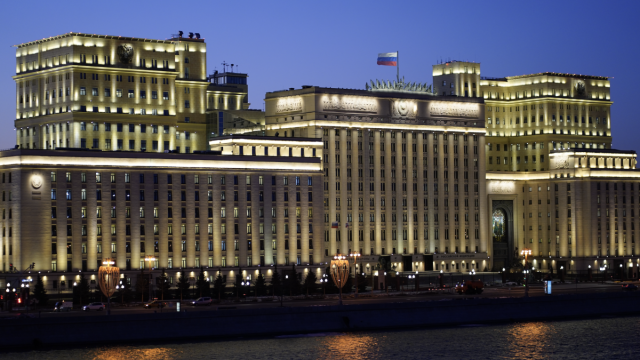A French court on Monday sentenced a Russian to five years in prison for money laundering, but cleared him of an original charge of defrauding nearly 200 people using ransomware.
Prosecutors had said that Alexander Vinnik sent emails to his targets masquerading as invoices, whose attached document, when opened, activated malware that shut down the computer and encrypted its contents.
A message would appear on the hacked computer with instructions to pay a ransom in the online currency bitcoin to regain control of the machine.
Among the 188 victims of the attacks — which happened between 2016 and 2018 — were local authorities, businesses and individuals in France.
The prosecution had accused Vinnik of making 135 million euros ($164 million) from these attacks, and called for a 10-year sentence against the 41-year-old when the trial opened in October.
But the court cleared him of the randomware attack charges.
"All these accusations have collapsed because Alexander Vinnik had nothing to do with them," said one of his lawyers, Frederic Belot.
The court did, however, find him guilty of laundering the money extorted through the attacks in which a software called Locky was used. In addition to the prison sentence, he was fined 100,000 euros ($121,000).
Appeal likely
Vinnik had always denied any connection with the Locky malware, claiming he had been "an ordinary freelance operator" for the BTC-e platform which received the extorted sums had been paid.
His lawyer said he would "probably" appeal Monday's verdict.
Vinnik is also wanted in the United States and his native Russia.
Investigators had described the system used in the malware attacks as extremely elaborate, involving mass mail-shots of the "contaminated" emails via a botnet, a network of already infected computers.
The way that the paid ransoms were subsequently laundered to make it difficult to trace was equally sophisticated, the indictment said.
Prosecutors identified 20 businesses in six cities across France among victims and, following the money trail through various bank accounts, identified one as belonging to Vinnik.
US investigators suspect Vinnik of being the mastermind of what they say has become one of the main ways cybercriminals launder their illegal gains.
Vinnik was extradited to France in January from Greece, where he had been arrested on an American warrant in 2017.
He allegedly operated the BTC-e bitcoin exchange until his arrest at the northern Greek tourist resort of Halkidiki, which set off a three-way extradition tussle between the United States, France and Russia.
Greece eventually served the European warrant issued by France.
A US indictment accuses Vinnik of 21 charges ranging from identity theft and facilitating drug trafficking to money laundering.
He tried unsuccessfully to be extradited to Russia, where he is wanted on lesser fraud charges involving just 9,500 euros.
A Message from The Moscow Times:
Dear readers,
We are facing unprecedented challenges. Russia's Prosecutor General's Office has designated The Moscow Times as an "undesirable" organization, criminalizing our work and putting our staff at risk of prosecution. This follows our earlier unjust labeling as a "foreign agent."
These actions are direct attempts to silence independent journalism in Russia. The authorities claim our work "discredits the decisions of the Russian leadership." We see things differently: we strive to provide accurate, unbiased reporting on Russia.
We, the journalists of The Moscow Times, refuse to be silenced. But to continue our work, we need your help.
Your support, no matter how small, makes a world of difference. If you can, please support us monthly starting from just $2. It's quick to set up, and every contribution makes a significant impact.
By supporting The Moscow Times, you're defending open, independent journalism in the face of repression. Thank you for standing with us.
Remind me later.






